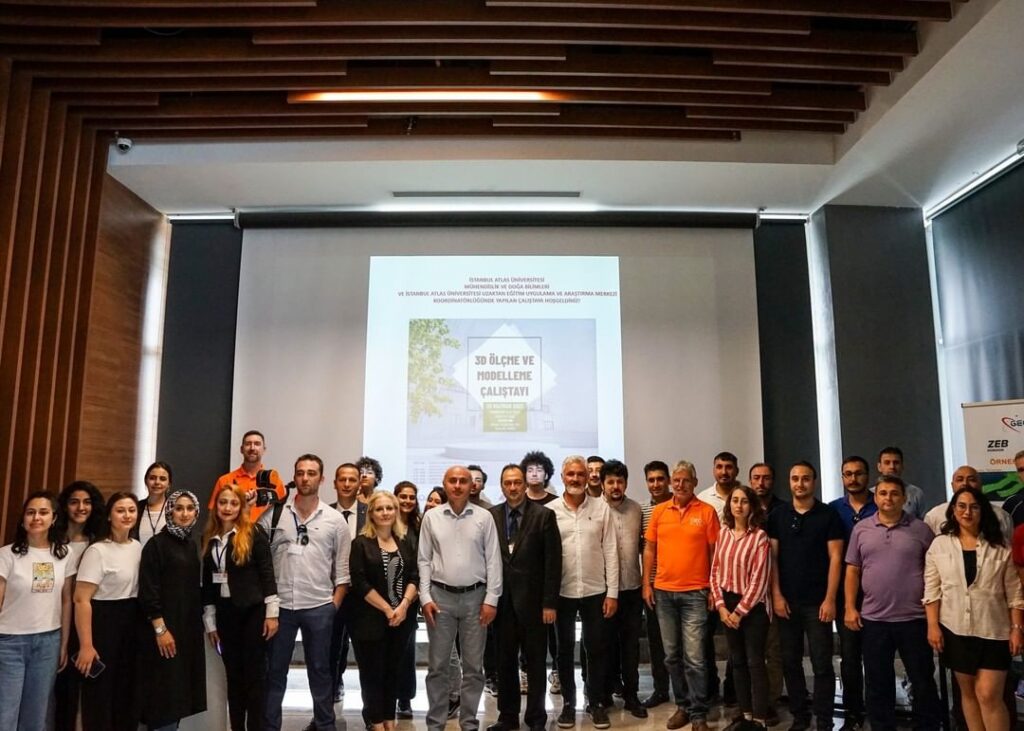Faculty of Medicine
What We Offer
- Integrated and Modern Curriculum
- Clinical Training and Real-World Experience
- Research and Innovation
- Student Development Unit
- Career Pathways through Partnerships
You will have access to
- Dedicated Research Centers
- Professional Development Workshops
- Global Outreach Programs
- Scholarships and Financial Aid
- Patient Advocacy Programs
We are known for our
- Diverse Academic Programs
- Experienced Faculty
- Internship and Career Placement Services
- Extracurricular Activities
- Strong Alumni Network
- Commitment to Sustainability
- ئیمەلی بەش
- British International University (BIU) Building A, 2nd Floor, Room 205

Dean’s Word: Faculty of Sciences at British International University (BIU)
“Dear Students,
Welcome to the Faculty of Sciences at British International University, a place of discovery, innovation, and academic excellence. Here, we are committed to fostering an environment where curiosity thrives, and intellectual growth is encouraged. Each of our departments—Medical Laboratory Sciences, Chemistry, Biology, and Physics—reflects our dedication to advancing knowledge and equipping students with the skills and insights needed to make meaningful contributions to society.
Our commitment to you, our students, is unwavering. We are here to support you as you embark on your academic journey, providing guidance, mentorship, and the resources needed to succeed. We believe that science is not only about understanding the world around us but also about pushing the boundaries of what is possible. To this end, our faculty and staff work tirelessly to offer you a dynamic and challenging learning experience, one that prepares you for both professional success and personal growth.
Your success is our priority, and we strive to provide you with every opportunity to learn, experiment, and excel. Together, let us make the Faculty of Sciences a hub of knowledge, exploration, and innovation. We are proud to have you as part of our community and look forward to seeing all that you will achieve.
- entrance requirements
- Research and Preparation
- Gather Documents and Build Your Application Profile
Academic Qualifications:
High school diploma or equivalent, with a strong emphasis on science subjects like Biology, Chemistry, and Physics.
Typically, a minimum grade point average (GPA) or high score in these subjects is required.
Entrance Exams:
Standardized tests, such as the MCAT, BMAT, or institution-specific exams, may be required.
Exams generally assess knowledge in science and problem-solving skills.
Language Proficiency:
Proficiency in the language of instruction (e.g., English) through TOEFL, IELTS, or similar tests, if the applicant’s first language is different from the language of instruction.
Interview Process:
An interview to assess interpersonal skills, motivation, and suitability for the program.
Medical and Background Check:
Medical fitness clearance and sometimes a background check, given the ethical and physical demands of medical training.
Additional Requirements:
Letters of recommendation, personal statement, and documented volunteer or clinical experience in healthcare settings.
Research Program Requirements:
Start by exploring the Faculty of Medicine’s website or admissions portal. Look into specific prerequisites, including required courses, GPA, and any entrance exams.
Review Application Deadlines:
Note important deadlines for the program. Many medical faculties have set timelines, and some may have early admission or regular admission cycles.
Prepare Required Documents:
Gather transcripts, certificates, letters of recommendation, and other required documents. Organizing these early will help avoid last-minute issues.
Plan for Entrance Exams:
If an entrance exam is required (e.g., MCAT or BMAT), review test dates and registration deadlines. Begin preparing by studying the exam format and content.
Schedule Language Proficiency Test (if needed):
For applicants whose first language differs from the language of instruction, register for a TOEFL or IELTS exam, if required.
Request Transcripts and Certifications:
Contact your school or relevant institutions to obtain official transcripts, proof of graduation, and any other academic certificates.
Verify that all documents are in the required format (translated, certified, etc., if needed).
Obtain Letters of Recommendation:
Reach out to teachers, mentors, or professionals who know you well and can vouch for your academic abilities, work ethic, or interest in medicine.
Give them ample time to write a detailed letter and provide any information they might need to make their recommendation specific to medical school.